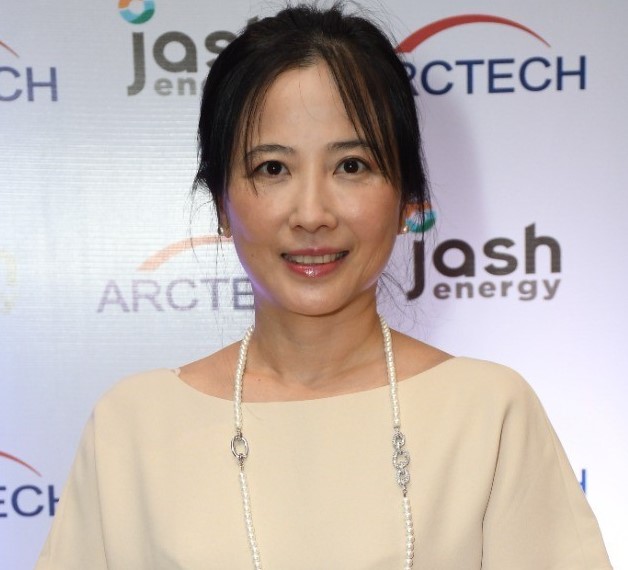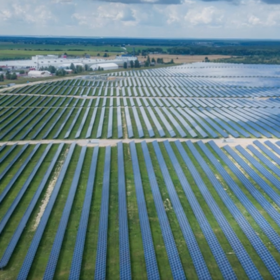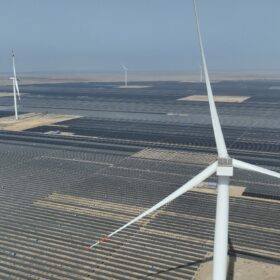Solar tracker penetration in Indian PV plants stands at only 13%. Fixed-tilt systems occupy the remaining 87% share. The Indian market has only seen increased solar tracker adoption in recent years, with China’s Arctech emerging as a leading supplier.
Arctech has provided 3.5 GW of solar trackers to the Indian market since starting operations there in 2015. It recently opened a 3 GW factory in India through a joint venture, Jash Energy, as it looks to bring down the prices of its trackers and increase adoption among customers in India.
“Local supply and local manufacturing make more sense, given the high costs of logistics and longer lead times in supply chain in the recent years hit by Covid pandemic. Our top priority is to bring down the prices of our trackers for India customers and thus enable a lower cost of electricity in the nation,” Gail Chen, the director and CEO of Jash Energy, told pv magazine.
In the beginning, the India facility will locally source 70% to 80% of the raw materials for the trackers, said Chen, who is also the general manager of East Asia and India at Arctech. The plan is to entirely localize in the future.
“Arctech always sees India as our second home base after China. We started our operations in India in 2015 and have shipped 3.5 GW since then,” said Chen. “In years 2017 and 2018, the market was very quiet for trackers, but we made a grand comeback in 2019 by signing a 1.7 GW order in India. The increasing use of bifacial modules and decline in the prices of modules made more sense to use trackers now.”
The Jash Energy factory spans more than 16 acres in Mundra, Gujarat. It is modeled after Arctech’s existing Chinese manufacturing base, with automated production lines.
“By having this local production plant, we can guarantee a shorter delivery timeline, quicker response to needs, and most of all, a more competitive pricing strategy. We believe the JV factory will bring more benefits to our customers,” said Chen.
Shail Shah, the director of Jash Energy, said pandemic disruptions have been a key challenge.
“As a result, the costs of steel, cement, and other materials drastically increased. Hence, completing the project on time and without cost overrun was the biggest challenge that we faced. I am glad we finally overcome it with the set-up of the JV factory,” said Shah.
This content is protected by copyright and may not be reused. If you want to cooperate with us and would like to reuse some of our content, please contact: editors@pv-magazine.com.









1 comment
By submitting this form you agree to pv magazine using your data for the purposes of publishing your comment.
Your personal data will only be disclosed or otherwise transmitted to third parties for the purposes of spam filtering or if this is necessary for technical maintenance of the website. Any other transfer to third parties will not take place unless this is justified on the basis of applicable data protection regulations or if pv magazine is legally obliged to do so.
You may revoke this consent at any time with effect for the future, in which case your personal data will be deleted immediately. Otherwise, your data will be deleted if pv magazine has processed your request or the purpose of data storage is fulfilled.
Further information on data privacy can be found in our Data Protection Policy.